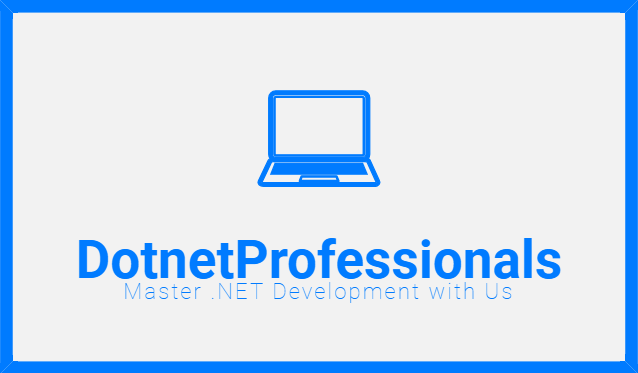This course provides an in-depth exploration of the .NET Framework architecture and its components. It aims to equip developers with a thorough understanding of the .NET ecosystem, focusing on the Common Language Runtime (CLR), Framework Class Library (FCL), and other critical elements. The course includes practical examples and real-world applications to illustrate how these components work together to support robust, scalable, and efficient software development.
Course Outline
Module 1: Introduction to the .NET Framework
- Overview of the .NET Framework
- History and evolution of .NET
- Key features and advantages of the .NET Framework
- .NET Framework Architecture
- High-level architecture of the .NET Framework
- Components and their interactions
Module 2: Common Language Runtime (CLR)
- Introduction to CLR
- Role and functionality of the CLR
- Managed code execution
- Memory Management in CLR
- Garbage Collection
- Memory allocation and deallocation
- CLR Services
- Exception handling
- Security management
- Interoperability with unmanaged code
Module 3: Framework Class Library (FCL)
- Overview of FCL
- Purpose and significance of FCL
- Key namespaces and classes
- Core Libraries
- System.Collections
- System.IO
- System.Text
- Advanced Libraries
- System.Net for networking
- System.Xml for XML processing
- System.Data for database interactions
Module 4: Application Models in .NET
- Windows Applications
- Windows Forms
- Windows Presentation Foundation (WPF)
- Web Applications
- ASP.NET Web Forms
- ASP.NET MVC
- ASP.NET Core
- Service-Oriented Applications
- Web Services
- WCF (Windows Communication Foundation)
- ASP.NET Web API
Module 5: Development Tools and Environment
- Visual Studio Setup
- Installation and configuration
- Overview of Visual Studio features for .NET development
- NuGet Package Manager
- Using NuGet for library management
- Creating and publishing NuGet packages
- .NET CLI (Command-Line Interface)
- Overview of .NET CLI
- Common commands and usage
Module 6: Best Practices and Design Principles
- Design Patterns in .NET
- Common design patterns
- Implementing design patterns in .NET applications
- Coding Standards
- Naming conventions
- Code organization and documentation
- Performance Optimization
- Profiling and tuning .NET applications
- Memory and resource management strategies
Module 7: Advanced Topics
- .NET Core and .NET 5/6+
- Differences between .NET Framework and .NET Core
- Migration strategies to .NET 5/6+
- Microservices with .NET
- Introduction to microservices architecture
- Building and deploying microservices with .NET Core
- Cloud Integration
- Deploying .NET applications to Azure
- Utilizing Azure services in .NET applications
